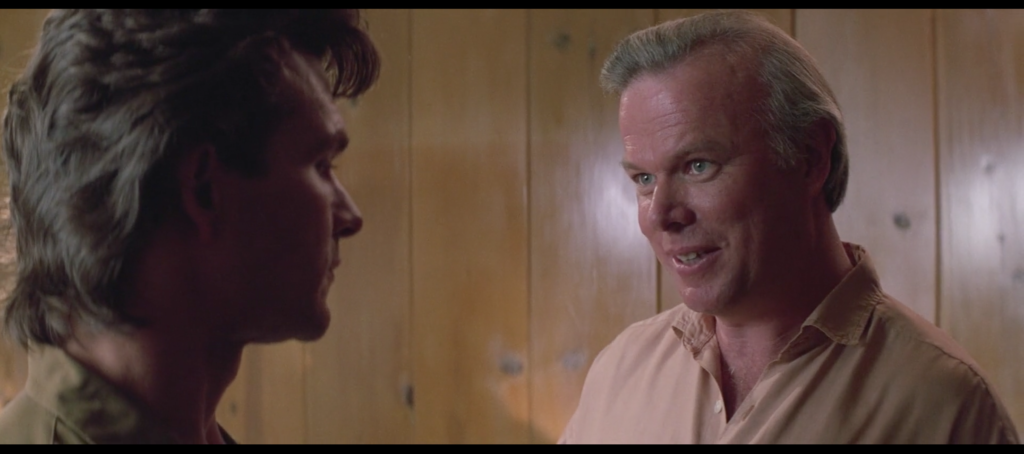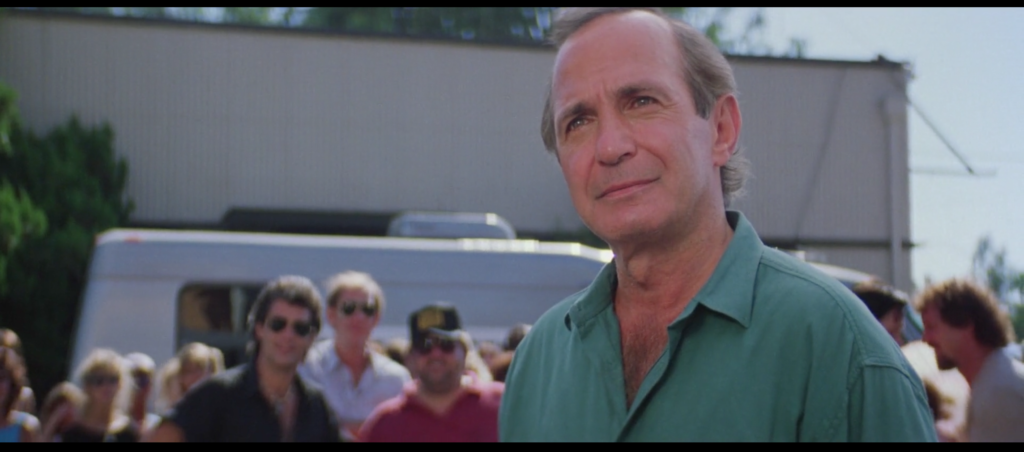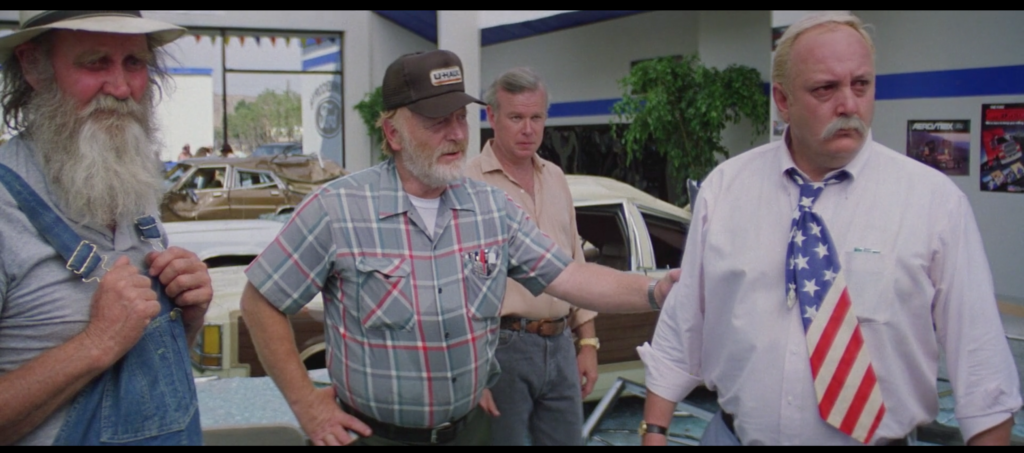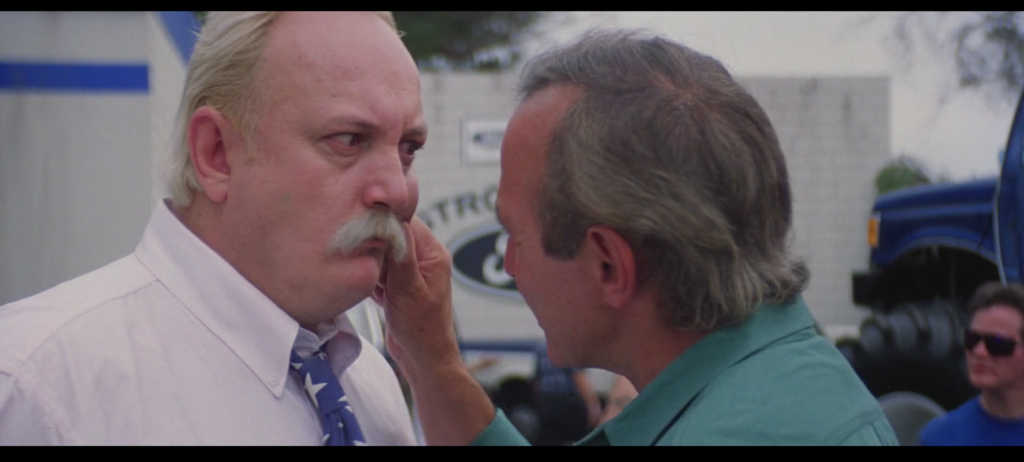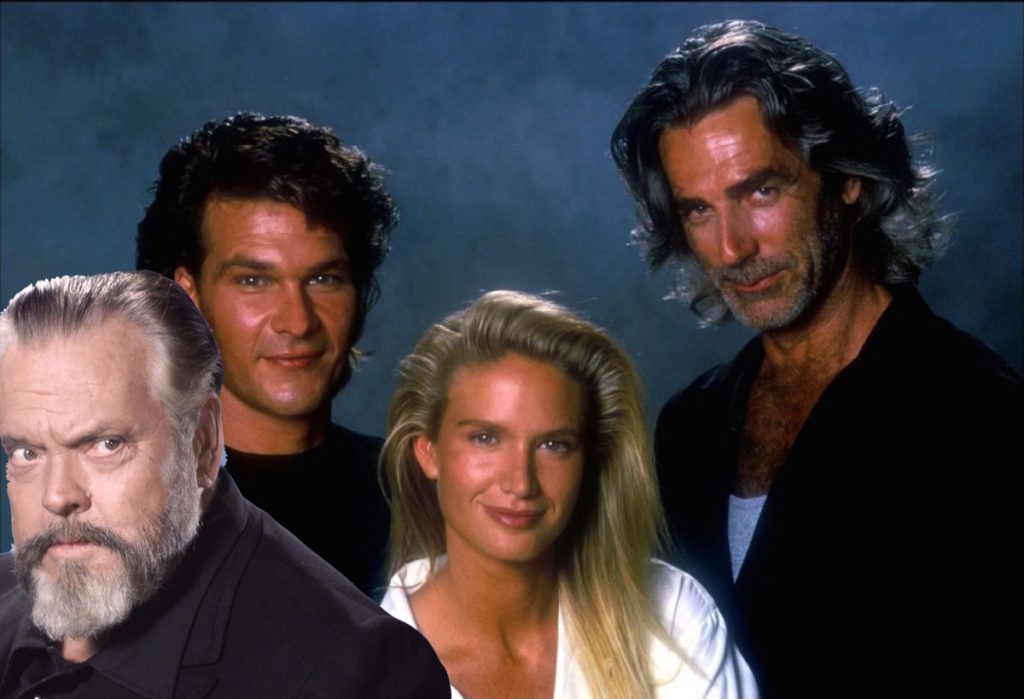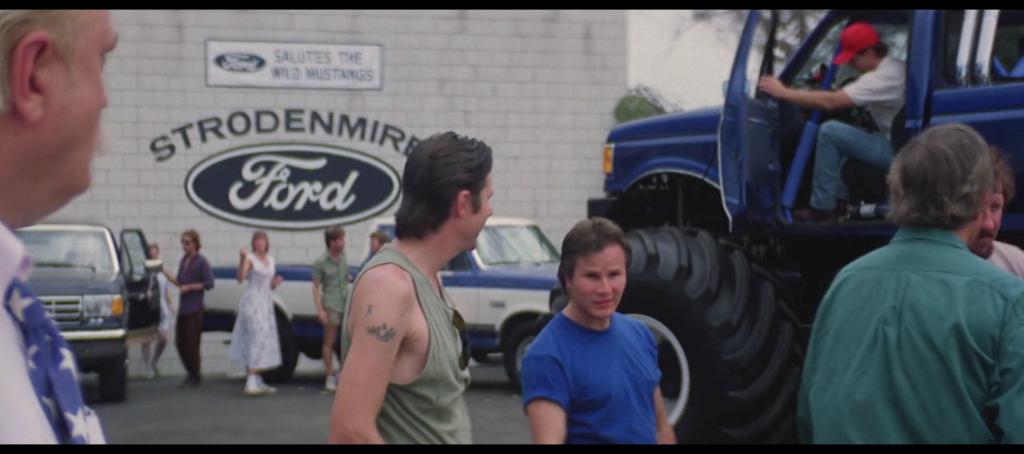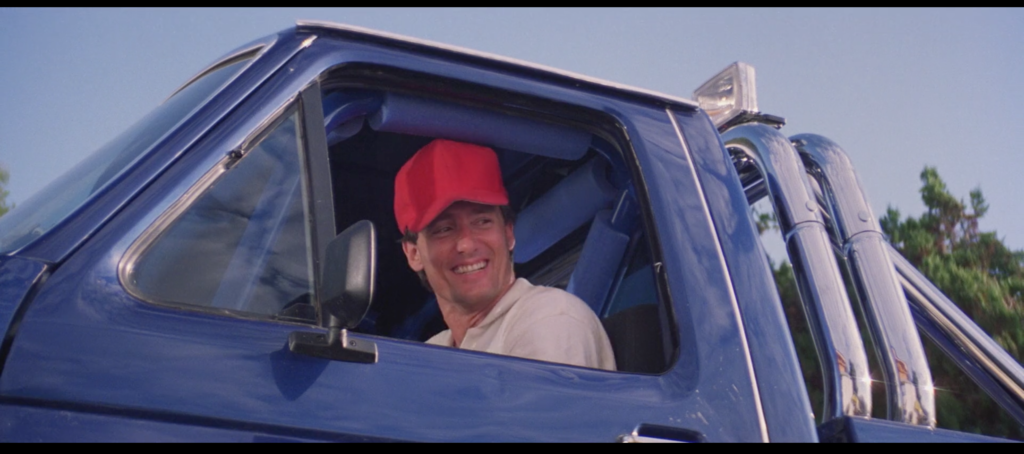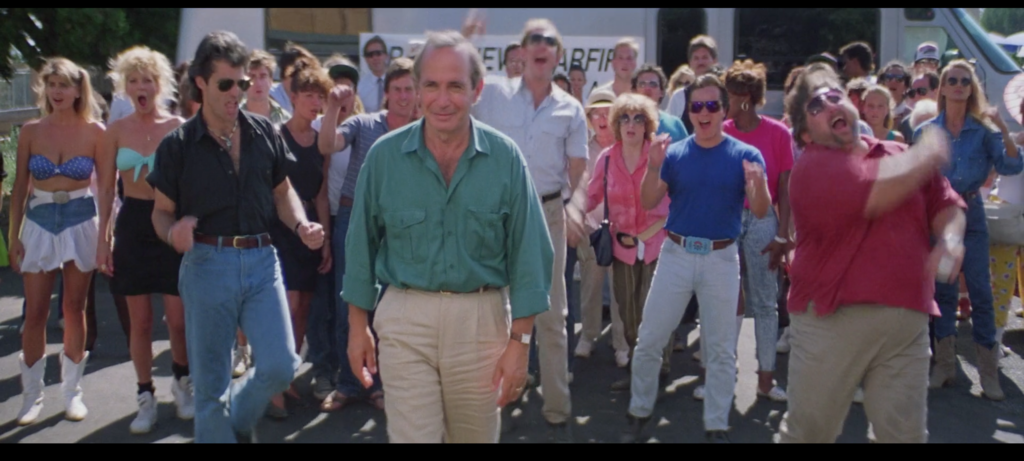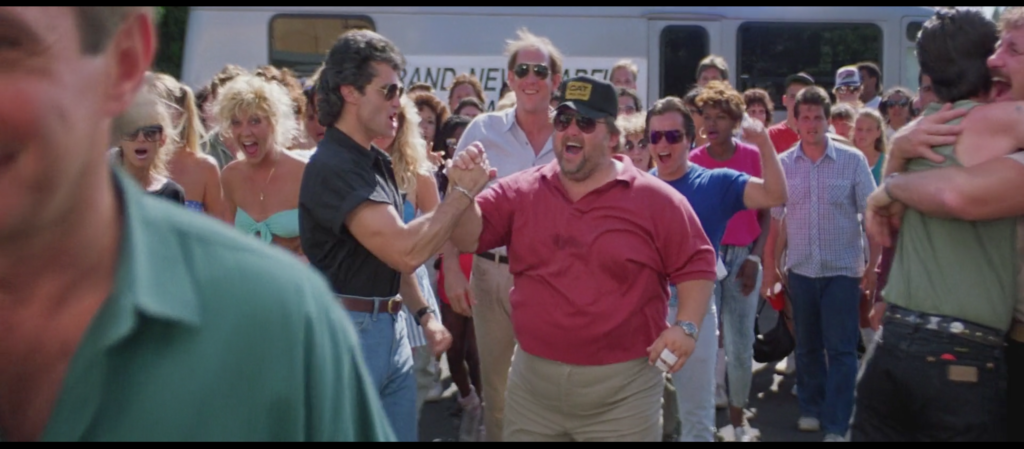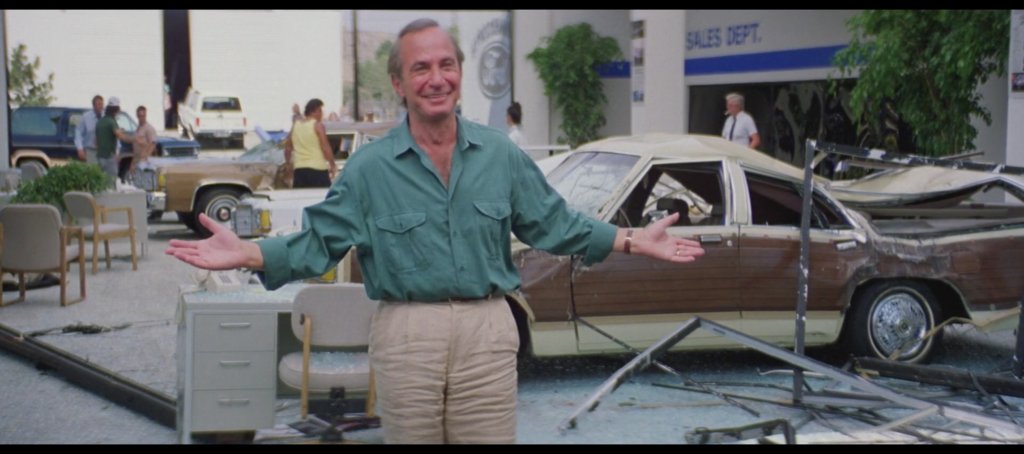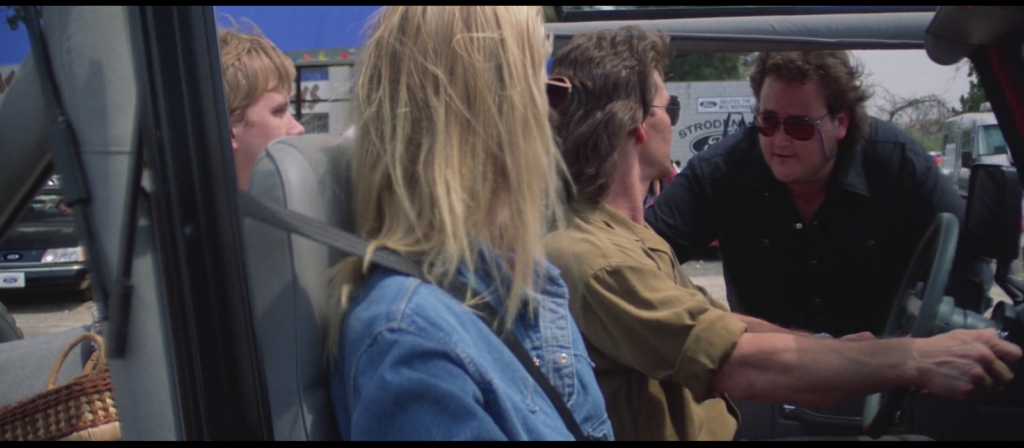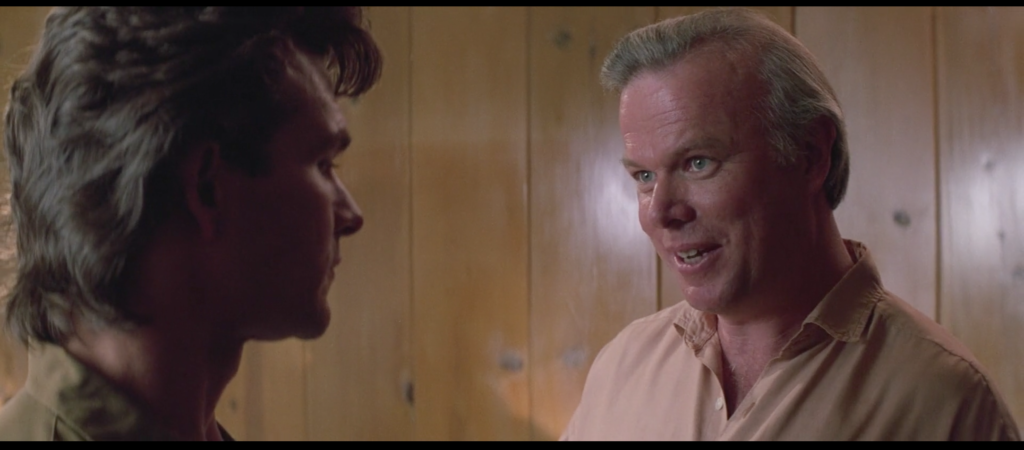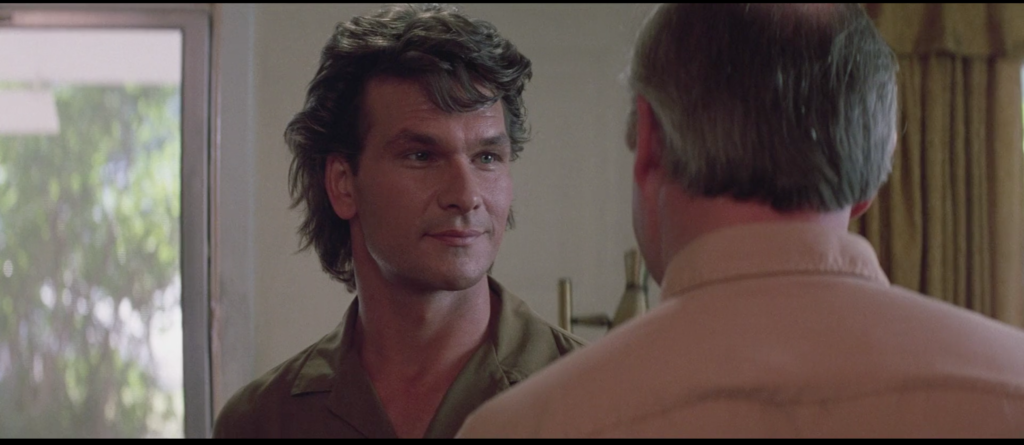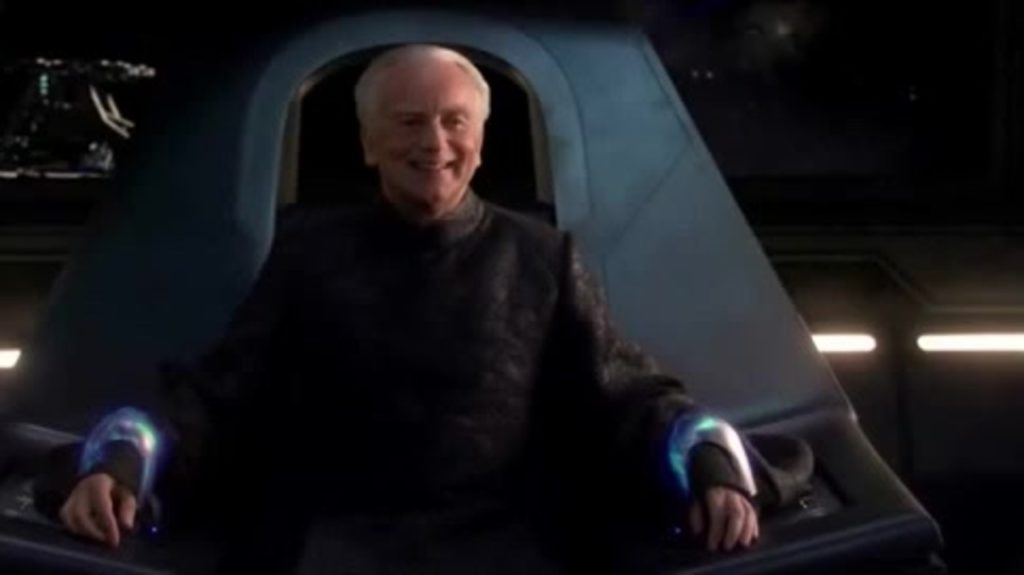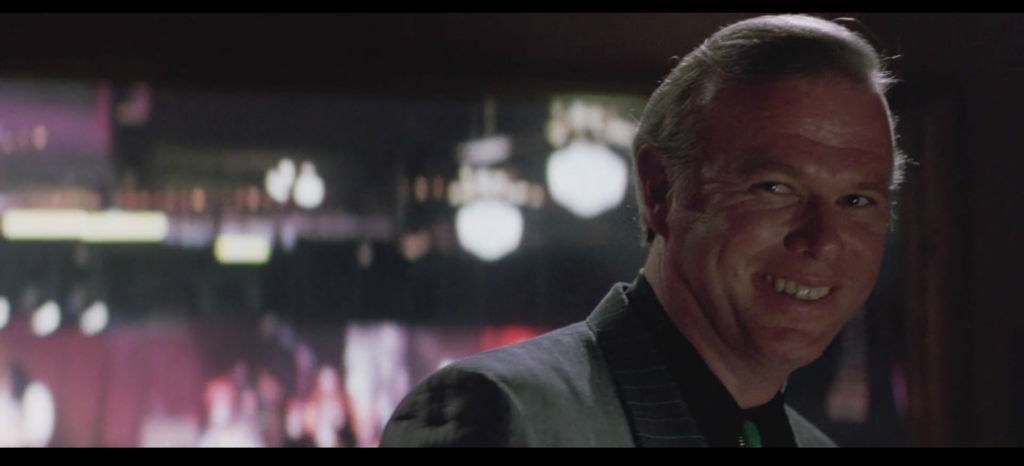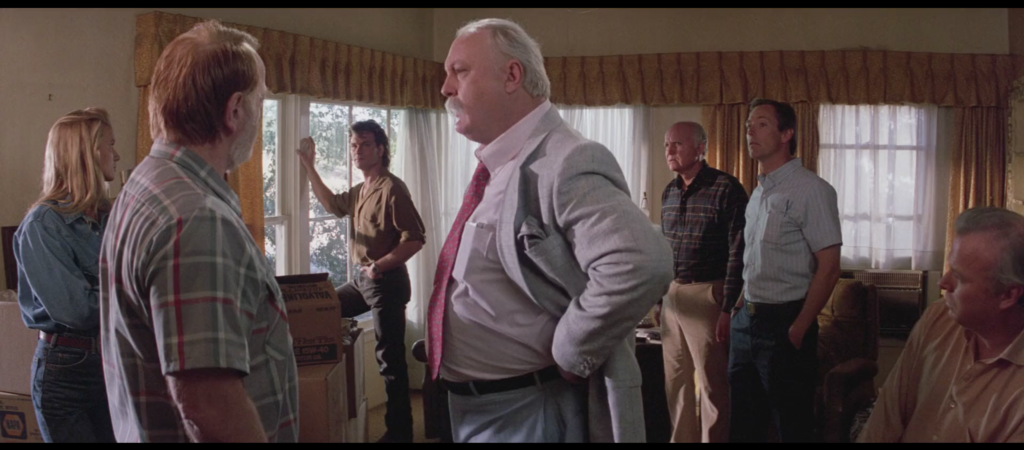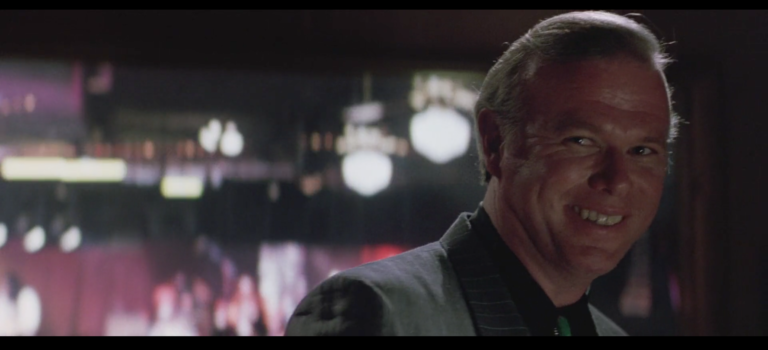The Joker debuted in Batman #1, the Spring 1940 launch of the Dark Knight’s dedicated comic-book series; it also revealed the superhero’s origin for the first time and contained the first appearance of Catwoman. (Batman first appeared in a separate series, Detective Comics, which gave DC Comics its name and in which he still stars to this day.)
But the creation of the Clown Prince is shrouded in controversy, with the three men involved — writer Bill Finger and artists Bob Kane and Jerry Robinson — each offering a different account of how the Joker came to be. The exact order of events varies depending on who you believe, but in essence, the character was a hybrid of influences. Robinson produced a joker playing-card design. Finger provided inspiration in the form of a clown-face logo from Coney Island and, crucially, a picture of actor Conrad Veidt playing the disfigured, permanently grinning title character in the 1928 horror film The Man Who Laughs. Both Robinson and Kane, who for decades received sole credit for the creation of Batman, designed the character on the page, while Robinson and Finger helped develop the concept of the Joker as Batman’s nemesis. The result was a villain unlike any of the gangsters and mad scientists Batman and his recently added sidekick Robin had ever faced before.
I compiled the history of the Joker for Rolling Stone. I love these assignments because, in a culture that treats corporations and brands as creators, they’re a chance to give credit where it’s really due. (Yes, even to Bob Kane.)

